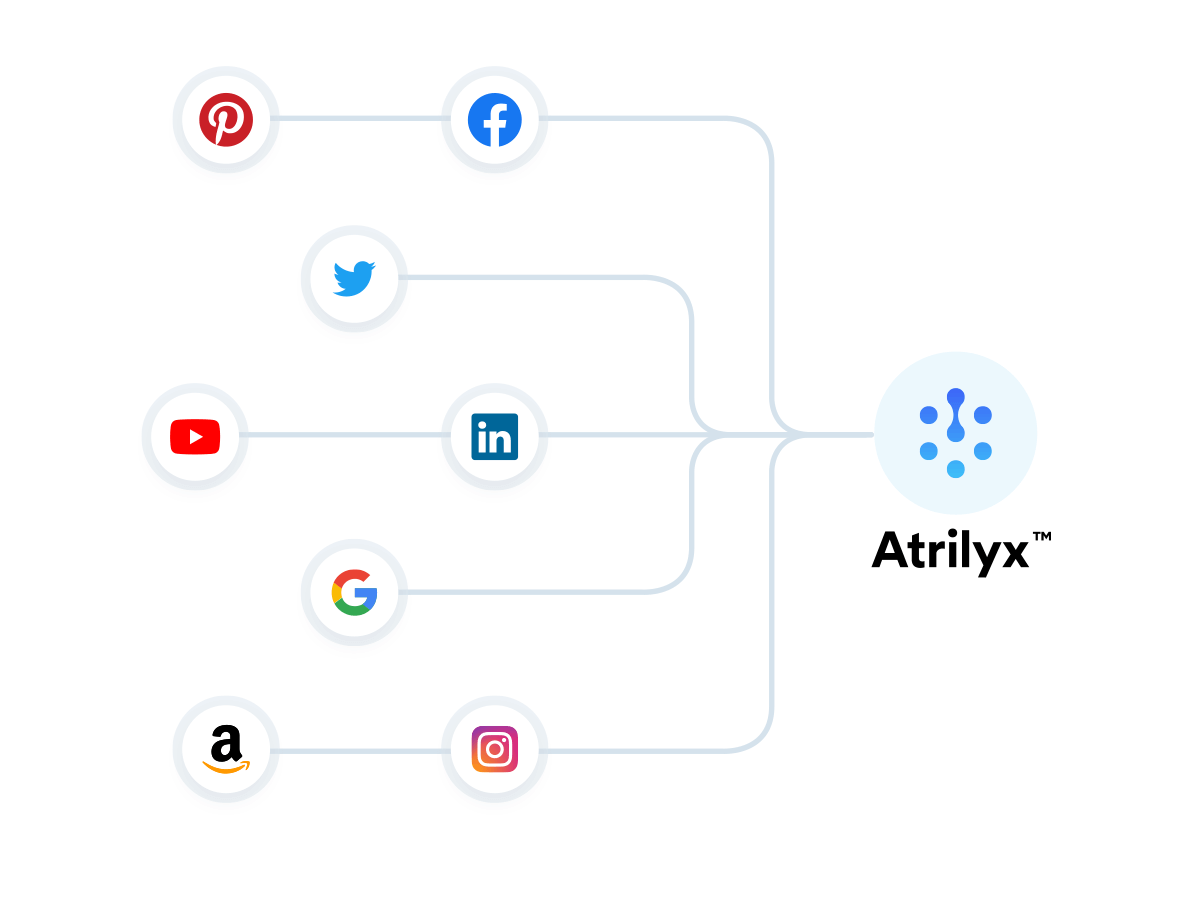The results gleaned from digital marketing will closely align with the quality of data you put into creating a campaign. Future campaigns are built on the results of past campaigns. The ability to attribute where a sale (or other completed goal) has actually emanated from is key to the success of digital marketing. However, attribution should never be about only the last click your customer makes. It’s a complex initiative that should be approached holistically.
Going Deep
In my experience, pulling levers based solely on last-click information is a shallow tactic. It may be tempting to assume that the fastest way to replicate a sale is by drawing all customers back to the point at which most sales seem to be occurring. But when customers make purchases online or spend a good part of their sales journey there, they do not interact exclusively with that channel. There are almost always multiple touchpoints across various channels that contribute—perhaps even more significantly. If your method of attribution is only looking at where they ended up, you’ve missed three-quarters of the picture.
When you’re working with surface-level data, it’s more likely to be inaccurate and guide you down the wrong path when deciding which levers need to be pulled in future campaigns. When you allocate a greater percentage of your budget to that last-click platform (in the false belief that it is the one bringing in the sales), you automatically disadvantage the capability of the other platforms that helped your customer get there.
Even if your marketing efforts are solely digital, it is still important to include any offline methods of communication your customer may have used to gather information and make their decision. Telephone calls are one of the offline channels that are often forgotten in attribution, which can lead to a loss of valuable information. Many consumers are still using telephone communication, especially for high-value purchases.
Single Source Of Truth
When marketers rely on platform-specific data to make decisions for future campaigns, they run the risk of over-funding platforms that aren’t playing that big a role or underfunding those that are acting as pivotal channels. This often happens due to platform-specific data being skewed to represent that channel as more valuable than it is.
Facebook, for instance, will not show you which platform your customer came from or where they ended up. They will only indicate their own role in the customer’s journey. Likewise, Google is very often over-funded, as so many customers will use the platform to make their final search for a product before purchasing. If a marketer does not take all the other touchpoints into account, this could result in inaccurate attribution.




